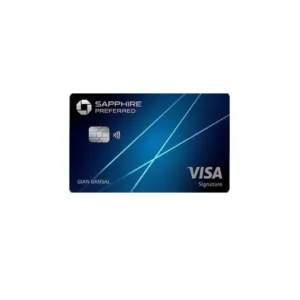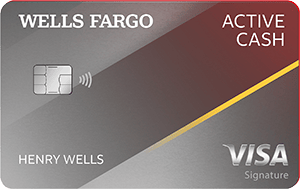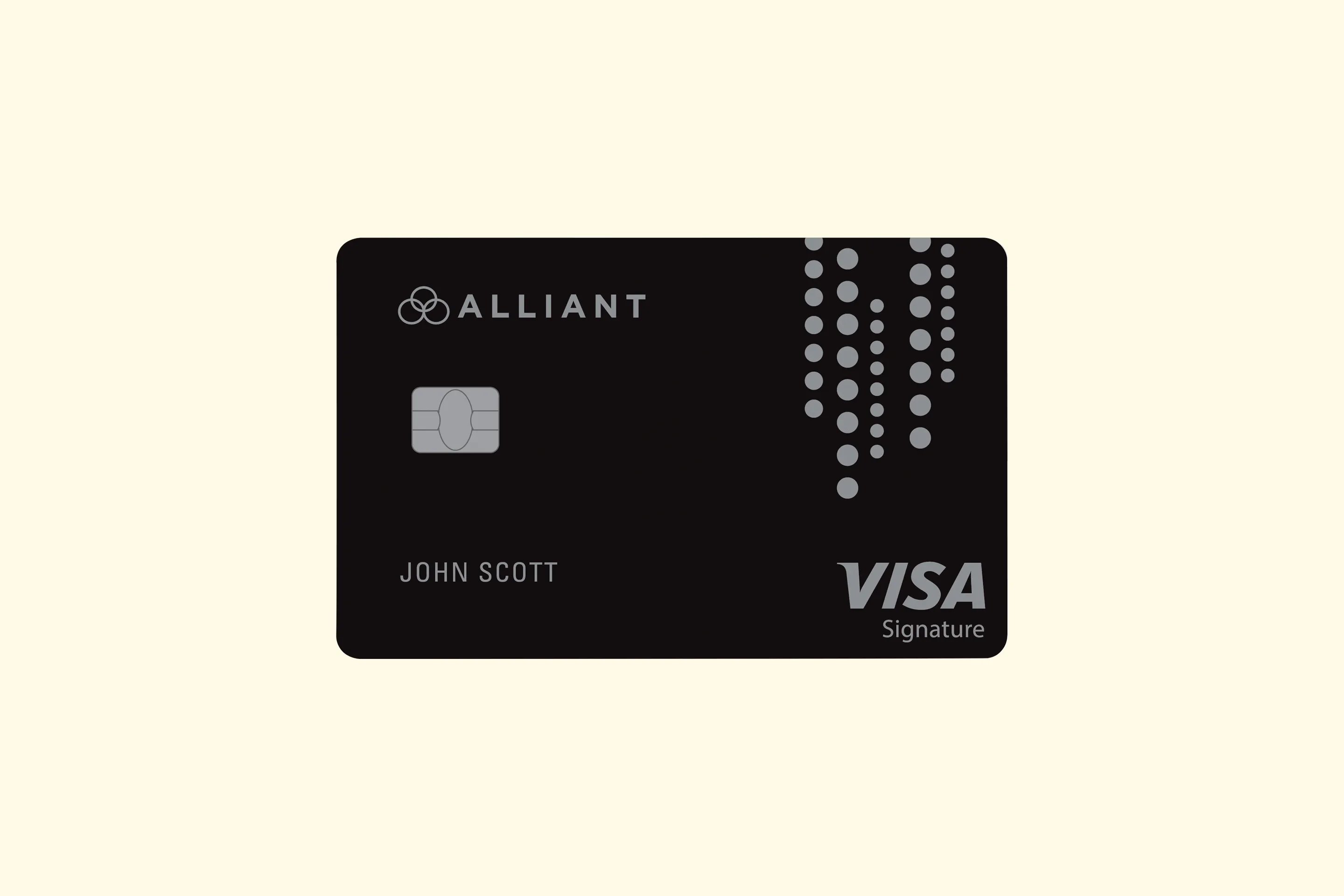All About Credit Cards: Types, Benefits, And How To Choose The Right One
Credit cards are a ubiquitous part of modern life. They offer a convenient way to pay for goods and services, and many come with a range of benefits and rewards. However, with so many different types of credit cards available, it can be challenging to determine which one is right for you. In this guide, we’ll explore the different types of credit cards, the benefits they offer, and how to choose the right one to meet your needs. Whether you’re looking for a card with a low interest rate or one that offers cash back on your purchases, we’ve got you covered.
Credit cards are a convenient way to manage your finances, but with so many options available, it can be overwhelming to choose the right one. There are three main types of credit cards: rewards, low interest, and balance transfer. Rewards cards offer points, cashback, or miles for purchases, while low-interest cards have lower interest rates. Balance transfer cards allow you to transfer high-interest debt to a card with a lower interest rate. Consider your spending habits and financial goals when selecting a card.

All About Credit Cards: Types, Benefits, and How to Choose the Right One
Credit cards are a convenient way to make purchases and can provide a variety of benefits, such as cashback rewards, travel points, and fraud protection. However, with so many different types of credit cards available, it can be difficult to determine which one is right for you. In this article, we will discuss the different types of credit cards, their benefits, and how to choose the right one for your needs.
Types of Credit Cards
There are several types of credit cards available, each with its own advantages and disadvantages. Here are some of the most common types:
1. Rewards Credit Cards
Rewards credit cards offer cashback rewards or points for purchases made with the card. These rewards can be used for travel, merchandise, or statement credits. Some rewards credit cards have rotating categories that offer higher rewards rates for certain types of purchases, while others have a flat rewards rate for all purchases.
2. Travel Credit Cards
Travel credit cards are designed for frequent travelers and offer benefits such as airline miles, hotel points, and travel insurance. Some travel credit cards also have no foreign transaction fees, making them a great option for international travel.
3. Balance Transfer Credit Cards
Balance transfer credit cards allow you to transfer high-interest debt from other credit cards to a new card with a lower interest rate. This can help you save money on interest charges and pay off your debt faster.
4. Secured Credit Cards
Secured credit cards require a security deposit and are designed for people with no credit history or bad credit. They work like regular credit cards and can help you build or rebuild your credit score with responsible use.
How to Choose the Right Credit Card
Choosing the right credit card depends on your spending habits, financial goals, and credit score. Here are some factors to consider when choosing a credit card:
1. Rewards
If you want to earn rewards for your purchases, look for a credit card with a rewards program that aligns with your spending habits. Consider the rewards rate, sign-up bonus, and redemption options when comparing credit cards.
2. Interest Rates and Fees
Credit cards can have high-interest rates and fees, so it’s important to look for a card with a low APR and no annual fee if possible. If you plan to carry a balance, look for a card with a 0% introductory APR period for balance transfers or purchases.
3. Credit Score
Your credit score will determine your eligibility for certain credit cards and the interest rate you receive. If you have a low credit score, look for a secured credit card or a credit card with a lower credit score requirement.
4. Additional Benefits
Some credit cards offer additional benefits such as travel insurance, purchase protection, and extended warranties. Consider these benefits when comparing credit cards to find one that offers the most value for your needs.
Benefits of Using a Credit Card
Credit cards offer several benefits that can make them a better option than cash or debit cards. Here are some of the benefits of using a credit card:
1. Rewards and Perks
As mentioned earlier, credit cards can offer cashback rewards, travel points, and other perks for using the card. These rewards can add up quickly and help you save money on purchases you would make anyway.
2. Fraud Protection
Credit cards offer more fraud protection than cash or debit cards. If your credit card is stolen or used fraudulently, you can dispute the charges and not be responsible for paying them.
3. Building Credit
Using a credit card responsibly can help you build or improve your credit score. This can help you qualify for better interest rates and loan options in the future.
Credit Cards Vs. Debit Cards
Debit cards and credit cards both offer a convenient way to make purchases, but there are some key differences between the two. Here are some of the main differences:
| Debit Cards | Credit Cards |
|---|---|
| Linked to your bank account | Not linked to your bank account |
| No credit check required | Credit check required |
| No interest charges | Interest charges if you carry a balance |
| No rewards or perks | Rewards and perks available |
Ultimately, the choice between a debit card and a credit card comes down to personal preference and financial goals. If you want to earn rewards and build your credit score, a credit card may be a better option. If you prefer to avoid debt and interest charges, a debit card may be a better choice.
Conclusion
Credit cards can be a valuable tool when used responsibly. By understanding the different types of credit cards, their benefits, and how to choose the right one for your needs, you can make informed decisions about your finances and make the most of your credit card. Remember to always use your credit card responsibly and pay your balance in full each month to avoid interest charges and debt.
Frequently Asked Questions
What are the different types of credit cards available?
Credit cards come in various types, such as rewards cards, balance transfer cards, secured cards, and student cards. Rewards cards offer cashback, points or miles for purchases, while balance transfer cards allow you to transfer high-interest balances to a new card with a lower interest rate. Secured cards are ideal for those with bad credit, as they require collateral, while student cards are designed for college students with low credit limits.
When choosing a credit card, consider your spending habits and financial goals. If you travel frequently, a rewards card with travel perks may be beneficial. If you have high balances on other cards, a balance transfer card can help you save money on interest. If you are building credit, a secured card can help you establish a good credit history.
What are the benefits of having a credit card?
Credit cards offer several benefits, such as convenience, rewards, and fraud protection. You can use your credit card to make purchases online, in-store, or over the phone. Many credit cards also offer rewards for purchases, such as cashback, points or miles, which can be redeemed for travel, merchandise, or statement credits. Additionally, credit cards come with fraud protection, so you are not liable for unauthorized charges.
However, it’s important to use credit cards responsibly and avoid overspending. Pay your balance in full each month to avoid interest charges and late fees. If you carry a balance, be sure to make at least the minimum payment on time to avoid damaging your credit score.
How do I choose the right credit card for me?
To choose the right credit card, consider your spending habits, financial goals, and credit score. If you have good credit, you may qualify for a rewards card with travel benefits or cashback rewards. If you have bad credit, a secured card may be a good option to build credit.
Look for a card with a low interest rate and no annual fee. If you plan to carry a balance, choose a card with a low APR to save money on interest. If you travel frequently, look for a card with travel rewards and no foreign transaction fees.
Compare credit cards from different issuers to find the best one for your needs. Check the terms and conditions, fees, rewards, and interest rates before applying for a credit card.
How can I improve my credit score with a credit card?
Using a credit card responsibly can help improve your credit score. Make sure to pay your balance in full each month to avoid interest charges and late fees. Keep your credit utilization ratio low by using less than 30% of your available credit.
Avoid opening too many new credit accounts at once, as this can lower your credit score. Also, keep old credit accounts open, as the length of your credit history affects your score.
If you have bad credit or no credit history, consider a secured credit card to build credit. Make sure to pay on time and in full each month to establish a good credit history.
What are the risks of using a credit card?
Using a credit card comes with some risks, such as overspending, high interest rates, and identity theft. It’s important to use credit cards responsibly and avoid overspending. Pay your balance in full each month to avoid interest charges and late fees.
If you carry a balance, make at least the minimum payment on time to avoid damaging your credit score. Keep your credit utilization ratio low to avoid maxing out your credit cards.
Protect yourself from identity theft by monitoring your credit card statements and reporting any suspicious activity. Keep your credit card information safe by not sharing it with anyone and avoiding unsecured websites.
In conclusion, credit cards can be a powerful tool for managing your finances and building your credit score. With so many different types of cards available, it’s important to take the time to research your options and choose the one that best fits your needs. Whether you’re looking for a card with a low interest rate, generous rewards program, or other benefits, there’s sure to be a credit card out there that’s right for you.
When choosing a credit card, it’s important to consider not just the rewards and benefits, but also the fees and interest rates involved. Make sure you fully understand the terms and conditions of any card you’re considering, and don’t be afraid to ask questions or seek advice from a financial professional.
Ultimately, the key to making the most of your credit card is to use it responsibly. Pay your bills on time, keep your balances low, and avoid overspending. With the right approach, a credit card can be a valuable tool for achieving your financial goals and enjoying all the benefits that come with it.







